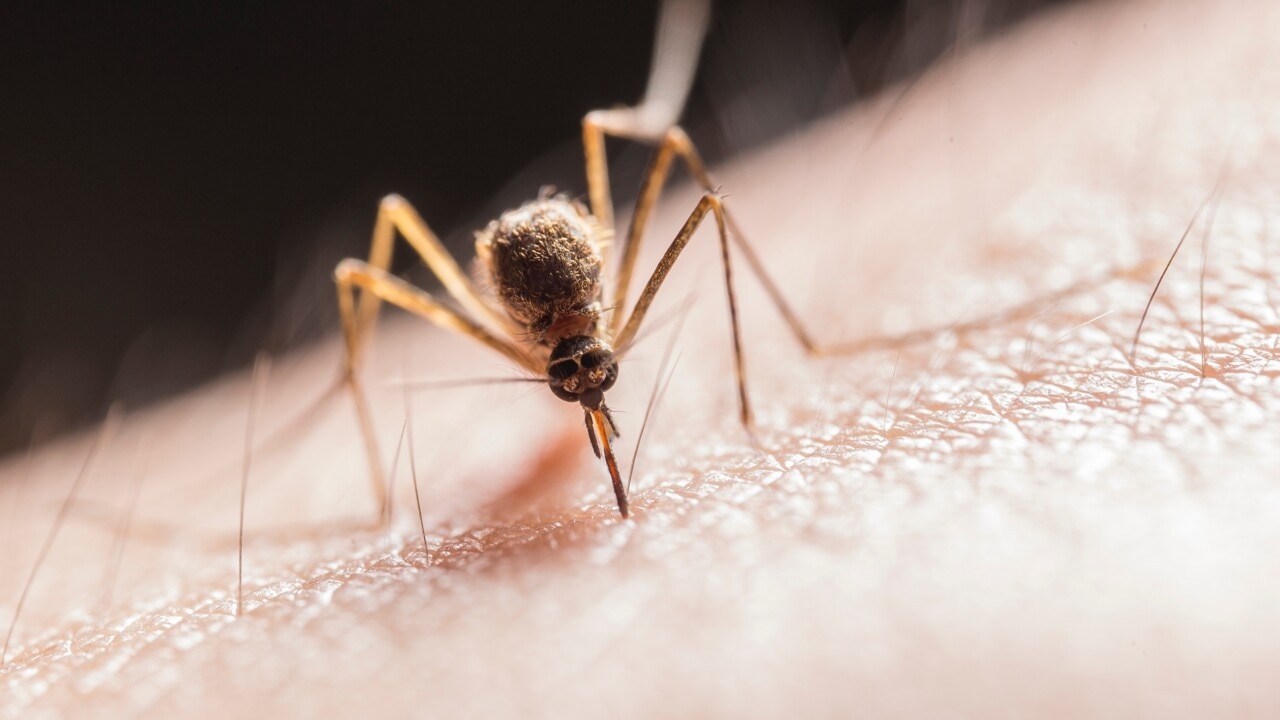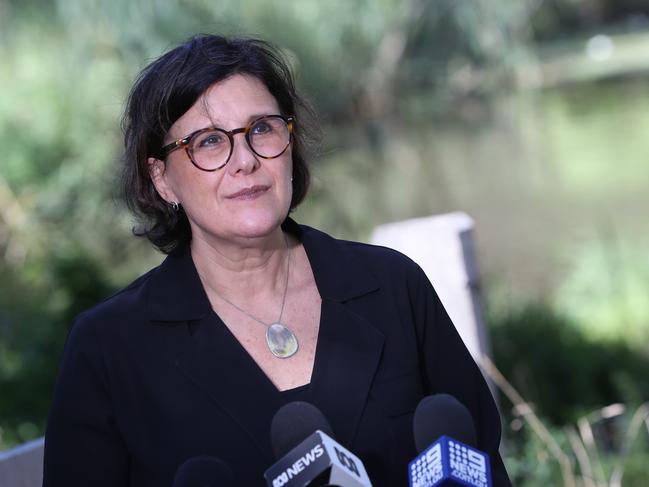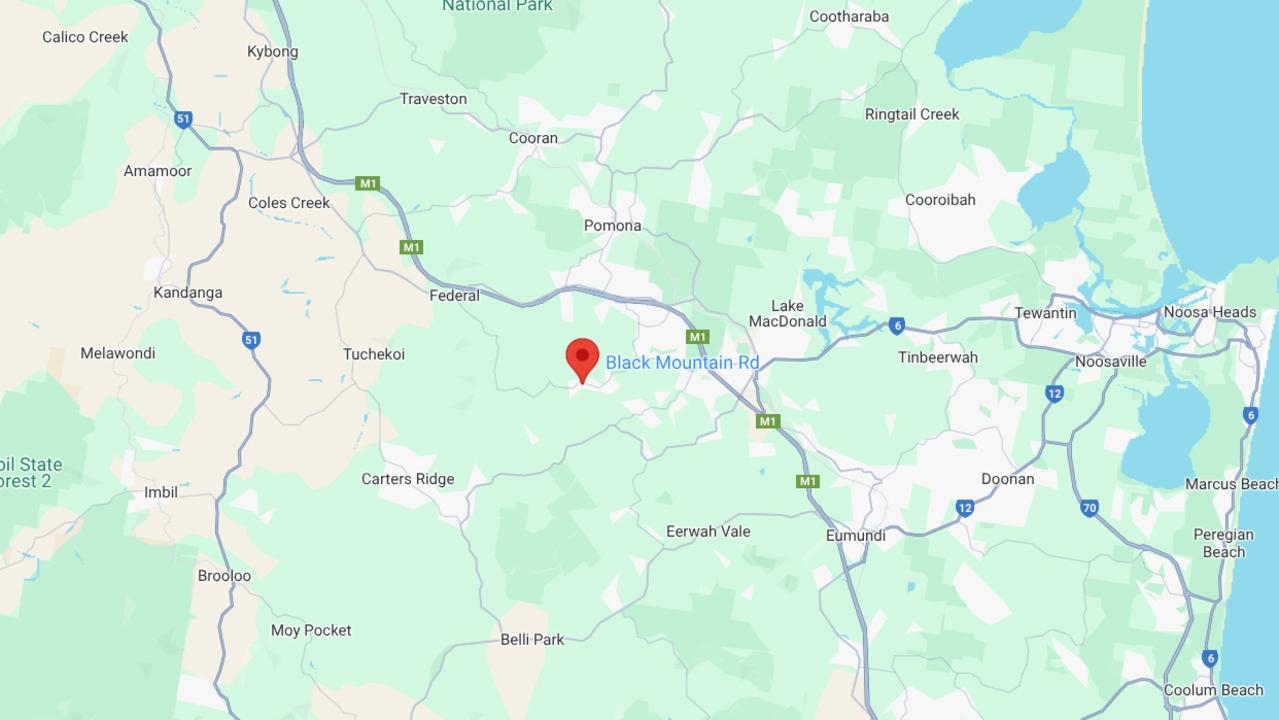Australia steps up the fight against mosquito-borne Japanese encephalitis
Australian states are taking an unprecedented stand against a mozzie virus rarely seen until now.

National
Don't miss out on the headlines from National. Followed categories will be added to My News.
As rainfall increases across Australia and warmer months approach, mosquito numbers are expected to rise and with that comes the march of mosquito-borne diseases.
Experts are carefully watching the activity of Japanese encephalitis, until this year rarely seen in Australia and generally only in Far North Queensland and other parts of northern Australia.
Health departments in states where the virus has been identified have announced expanded vaccination access in hot spot areas.
In March this year, Australia’s Acting Chief Medical Officer, Dr Sonya Bennett, declared Japanese encephalitis a communicable disease incident of national significance and established a national working group of communicable disease, vaccine and arbovirus experts.
It is now a nationally notifiable disease in humans and animals.
The disease is spread to humans by infected mosquitoes, however it is not passed from person to person.
Humans also cannot get infected with the virus by touching an infected animal or eating animal products.
According to the Department and Health and Aged Care, there have been 40 human cases of Japanese encephalitis as of September 8.

This includes 13 in NSW, one in the Northern Territory, five in Queensland, nine in South Australia and 12 in Victoria.
There have been six deaths attributed to the virus – two in NSW, two in South Australia, one in Victoria and one in Queensland.
New data from NSW has revealed that the virus might be far more active than the statistics indicate.
A seroprevalence survey undertaken by NSW Health showed evidence of previous Japanese encephalitis infection in one in 11 people.
NSW chief health officer Dr Kerry Chant said more than 1000 participants from communities known to have Japanese encephalitis virus activity across Griffith, Temora, Corowa, Balranald and Dubbo had provided blood samples for the seroprevalence survey.
Eighty out of 917 people showed antibodies that indicated a past infection that would not have been acquired in another country, she revealed.
More than 130 participants were excluded for having received a vaccine, travelled for more than one month in, or were born in, a country where the virus is commonly found.
“The results of this serosurvey provide us with valuable insight into the prevalence of past JE infections in these communities after it was first detected earlier this year,” Dr Chant said.

“Vaccination is an important part of the public health response but, currently, global supply of JE vaccine is very limited. So we’re urging people to protect themselves by avoiding mosquito bites altogether, particularly as we head into warmer months.”
Japanese encephalitis can be a serious and even fatal disease, however only around 1 per cent of people infected with the virus will experience symptoms, according to NSW Health.
NSW has expanded free access to the vaccine to residents living in affected regional areas to protect those most at risk.
The vaccine has previously been available to people who work with pigs or mosquitoes or in specialised laboratories, Communicable Diseases Network Australia’s national priority groups and some international travellers. But now it is also recommended for some people who live or work in high-risk NSW Local Government Areas (LGAs).
These include people who are aged 50 years or older and spend significant a minimum of four hours per day outdoors and live in Albury, Balranald, Berrigan, Carrathool, Dubbo Regional, Edward River, Federation, Goulburn Mulwaree, Greater Hume, Griffith, Lockhart, Murray River, Temora and Wentworth.
Victoria’s Department of Health also expanding free access to the vaccine, with the criteria now including anyone who lives or usually works in the LGAs Campaspe, Gannawarra, Greater Shepparton, Indigo, Loddon, Mildura, Moira, Swan Hill, Wodonga and Towong, and who are aged 50 years and over and spend at least four hours per day outdoors – whether for work or recreation.

People in Towong Shire, along with people aged 50 years and over and those who are spending several hours outdoors for any reason in all of these areas are also included in the expanded criteria.
Victoria’s deputy chief health officer Associate Professor Deborah Friedman said the vaccine was available free for people who meet these criteria, from select GPs, local public health units, including some Covid vaccination hubs, community pharmacies and local councils.
“This expansion means even more people can access the vaccine ahead of the warmer months to protect themselves,” she said.
A spokesman for Queensland Health said at risk groups now included people who live or work in the LGAs of Balonne, Goondiwindi, North Burnett, Western Downs or Southwest Toowoomba Regional Council (surrounding and including Millmerran) and are at risk of infection due to occupational or recreational outdoor activities undertaken near potentially productive mosquito habitat, such as areas near rivers, ponds and marshes, including flood zones and wherever there are bodies of standing water
People who live or work in the Torres Strait and/or Northern Peninsula Area of Cape York are also able to access the vaccine.
A spokeswoman from NT Health said eligibility would be expanded in 2023 when further vaccine doses arrive in the NT.
“GPs, remote area nurses and Aboriginal health practitioners will be able to provide the vaccine,” she said.




